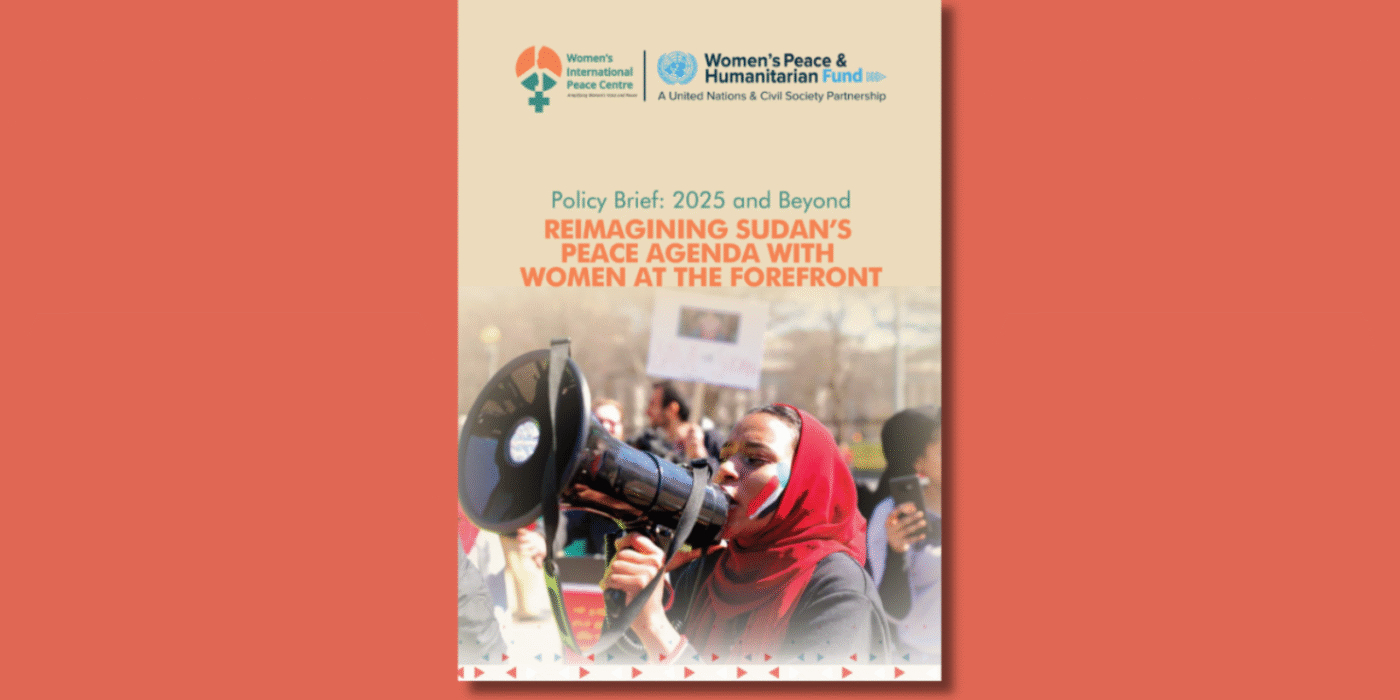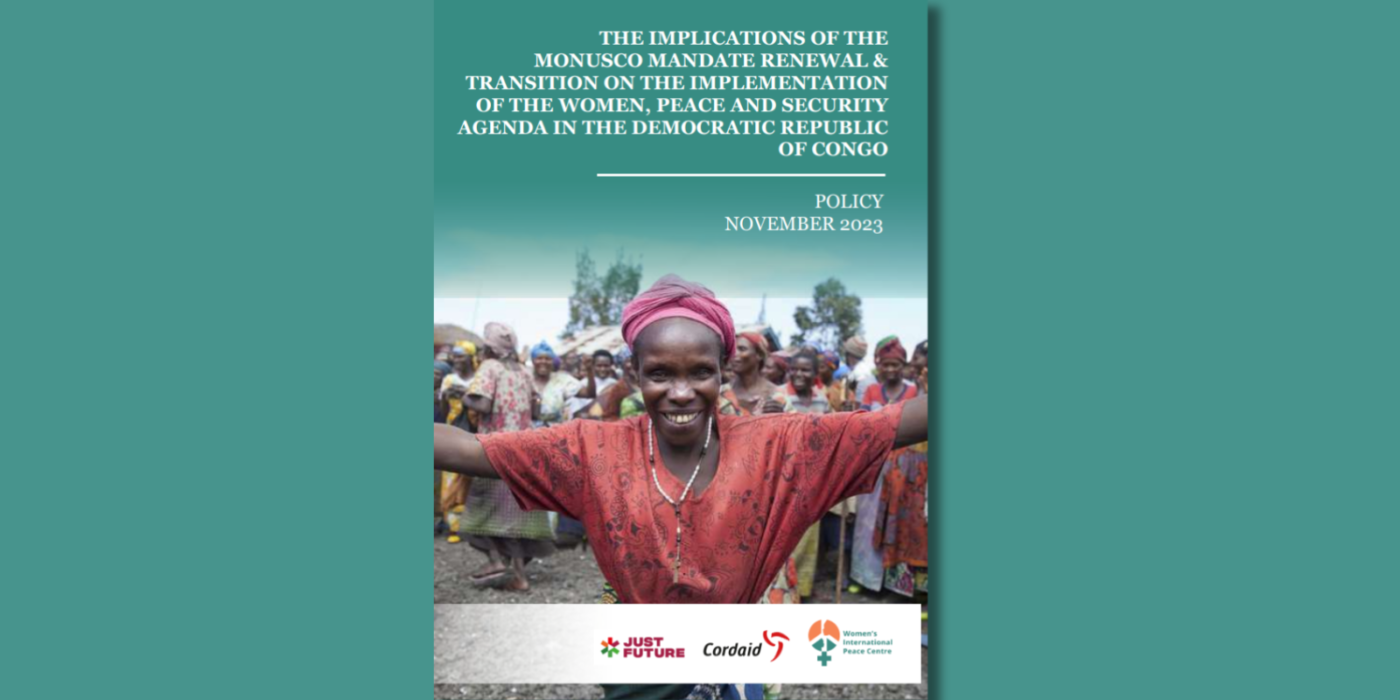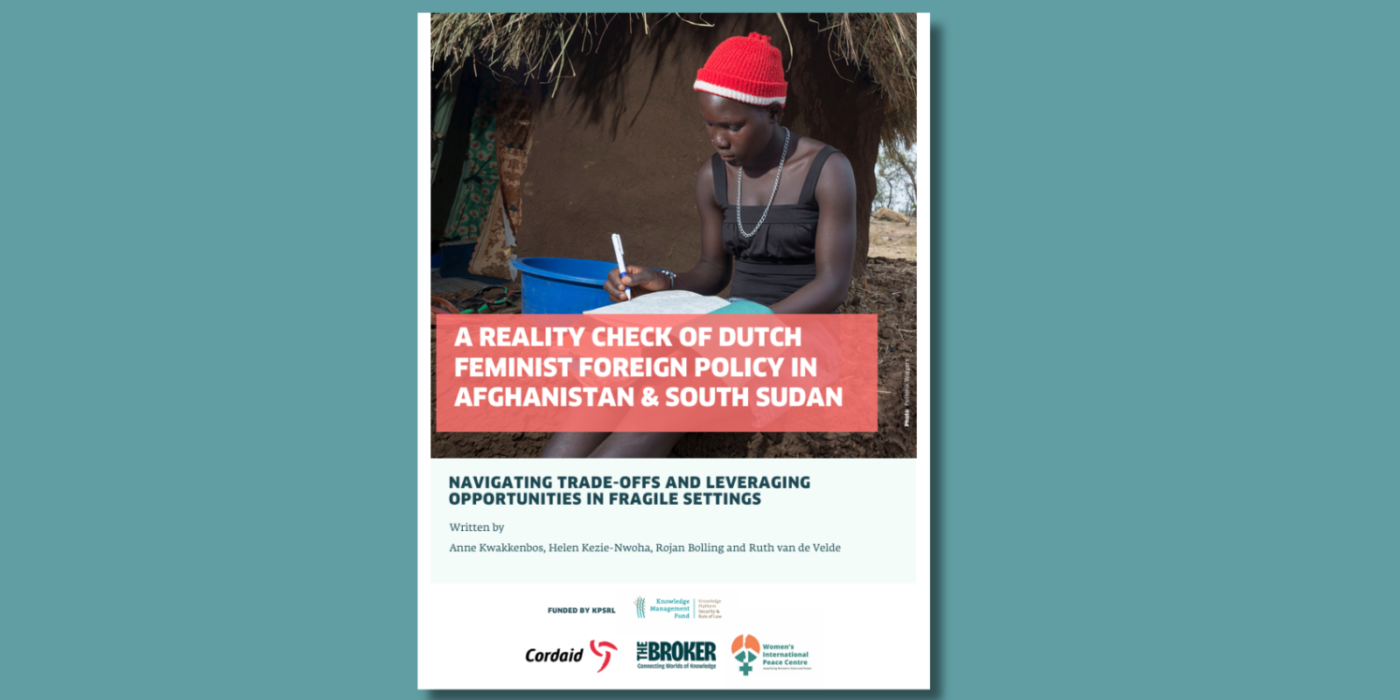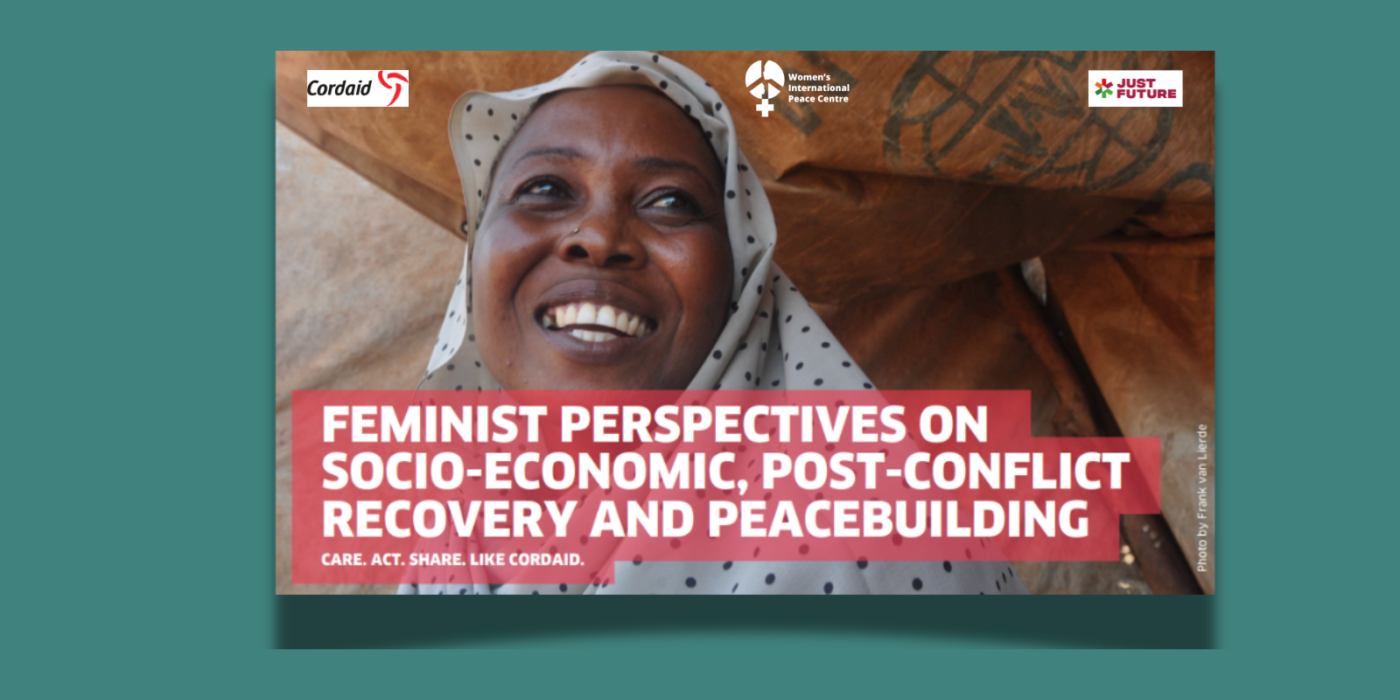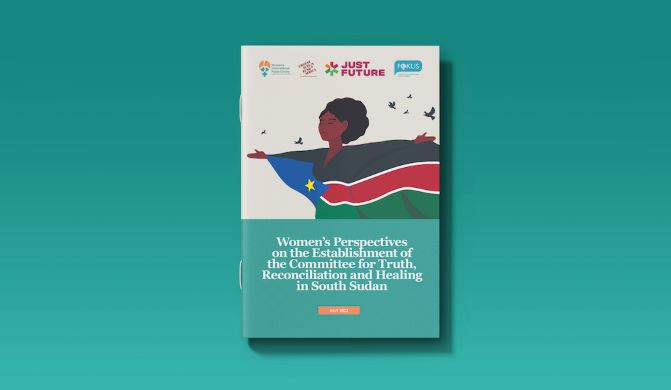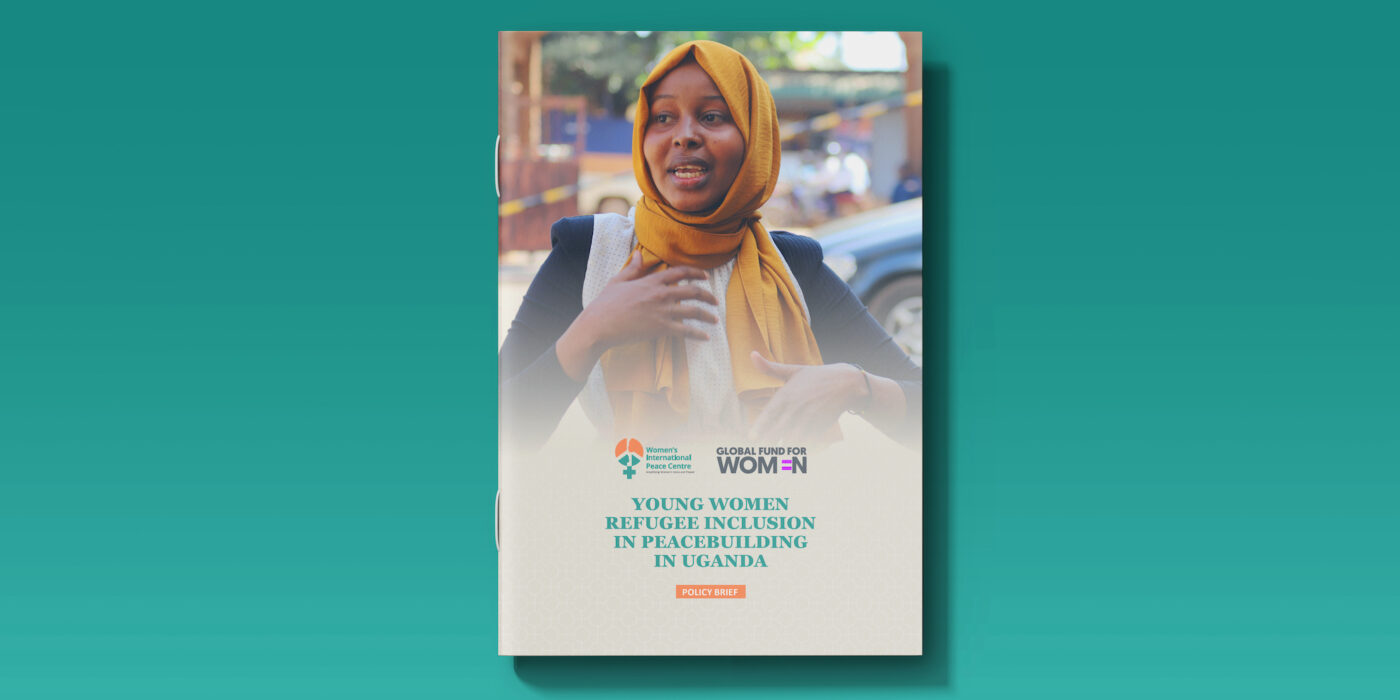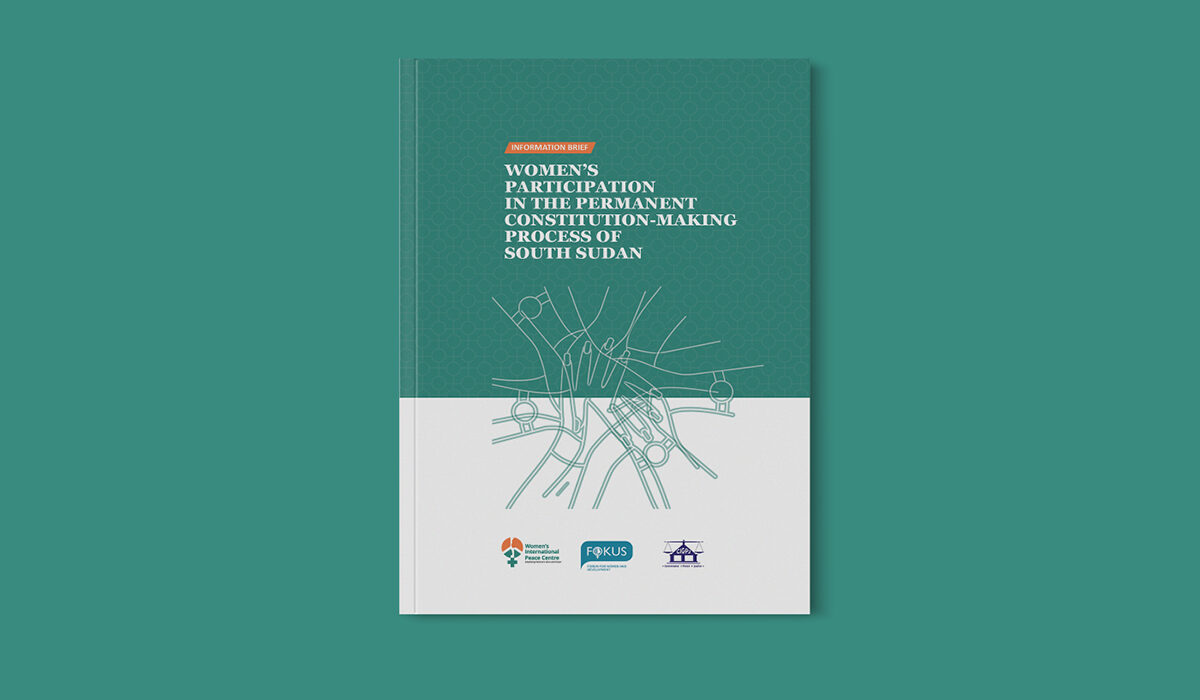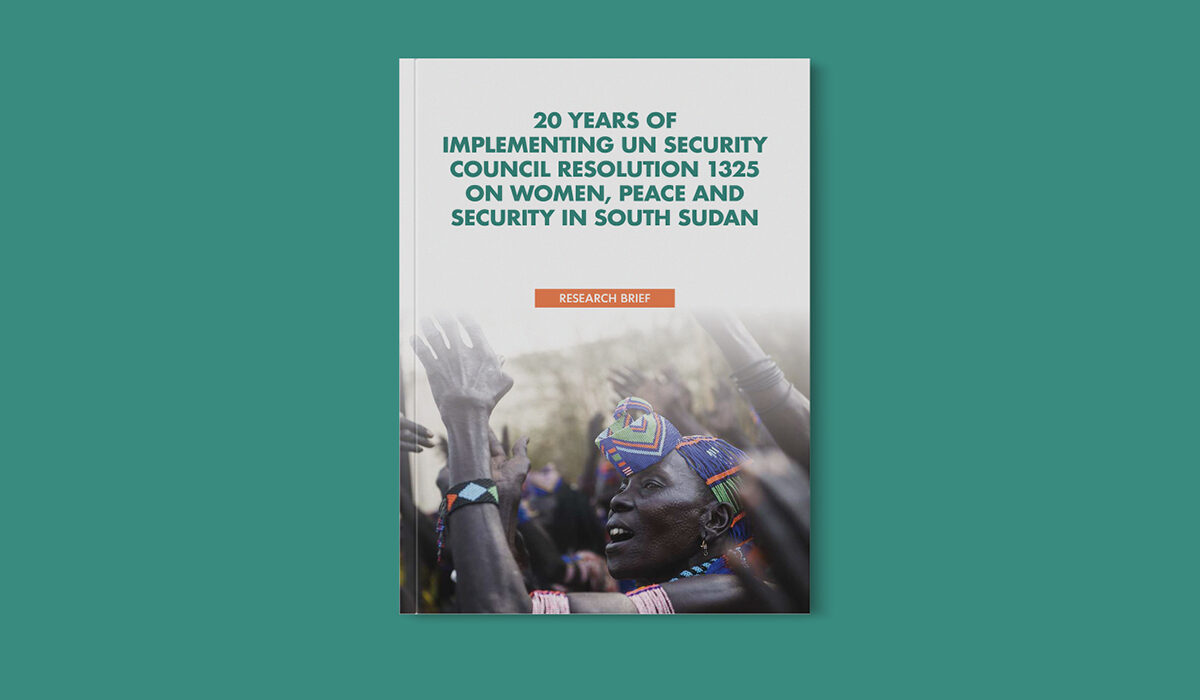Reimagining Sudan’s Peace Agenda With Women ForeFront
Sudan’s ongoing conflict, which erupted in April 2023 between the Sudanese Armed Forces (SAF) and the Rapid Support Forces (RSF), has brought unprecedented suffering to the population, with devastating consequences for women and girls. Despite these grim realities, Sudanese women have demonstrated remarkable resilience, often leading community-based initiatives to maintain social cohesion and advocate for peace. However, systemic barriers, including patriarchal norms and militarized governance, continue to exclude them from formal decision-making and peace processes. This exclusion undermines the legitimacy and sustainability of peace initiatives, further marginalizing the very individuals most affected by the conflict.
The brief argues that genuine inclusion of women in peacebuilding is not a favor but a moral and political obligation essential for sustainable solutions. It advocates for transformative approaches that prioritize women’s agency, leadership in shaping Sudan’s future. It offers targeted recommendations to dismantle systemic barriers, enhance women’s representation in decision-making, and ensure that gender-sensitive responses are embedded in peacebuilding and recovery efforts.
Download Policy Brief (EN): Reimagining Sudan’s Peace Agenda With Women ForeFront

